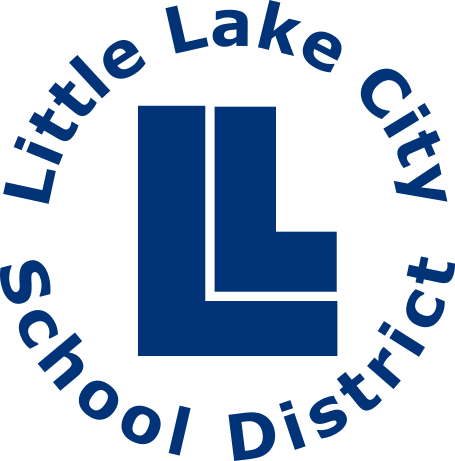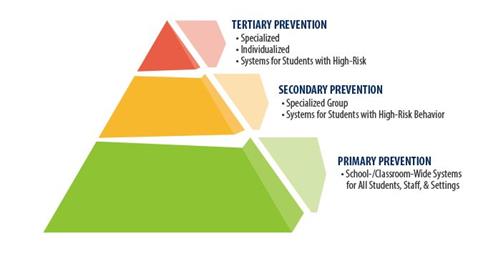- Our District
Empowering every student to achieve their full potential.
- Board of Education
Guiding our district towards educational excellence and student success.
- Schools

Elementary Schools
Middle Schools
- Departments & Services
Achieving greatness together. Fostering a collaborative community dedicated to the success of all students.
- Resources
Fostering a collaborative community dedicated to the success of all students.
- Contact Us




